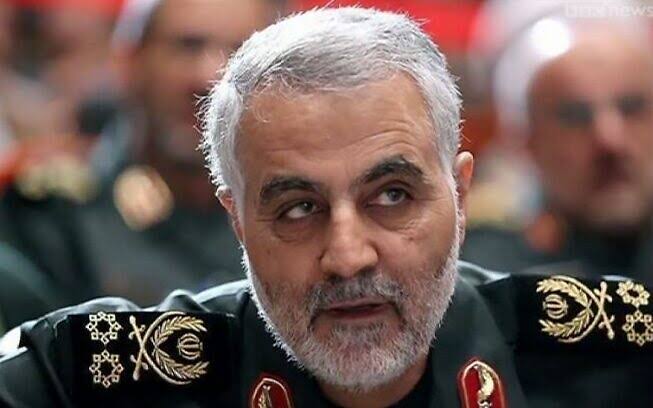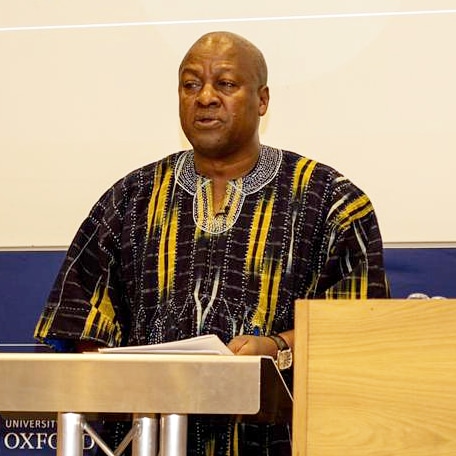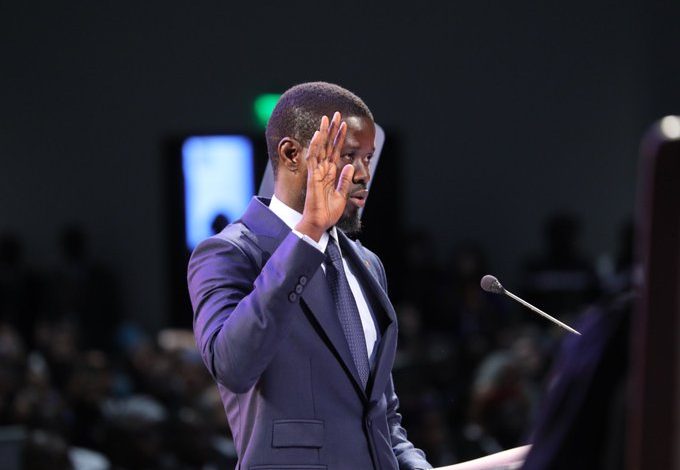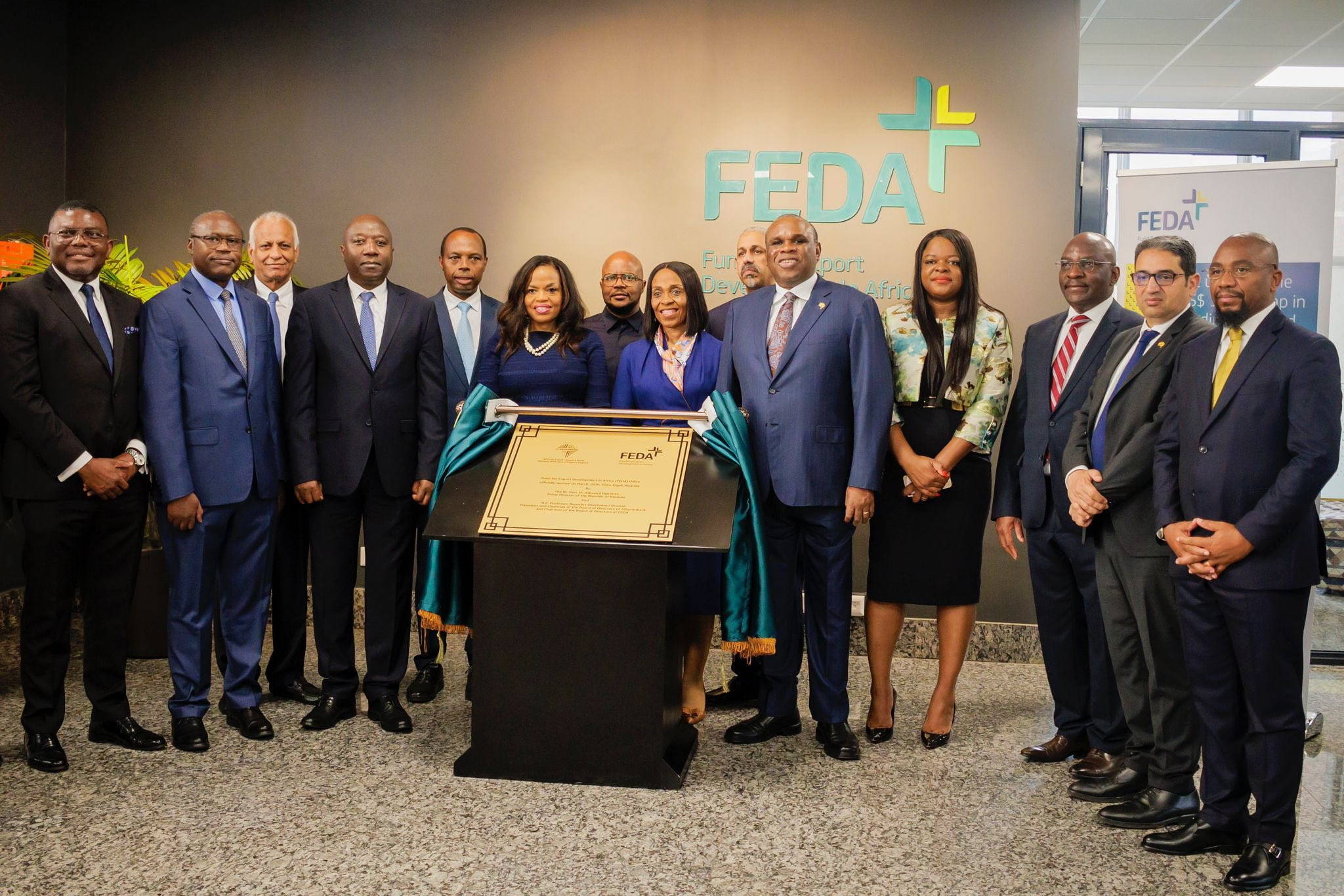A US strike killed top Iranian commander Qasem Soleimani at Baghdad’s international airport Friday, dramatically heightening regional tensions and prompting arch-enemy Tehran to vow “revenge”.
The Pentagon said US President Donald Trump had ordered Soleimani’s “killing” after a pro-Iran mob this week laid siege to the US embassy in the Iraqi capital.
Iran’s supreme leader Ayatollah Ali Khamenei swiftly vowed “severe revenge” for Soleimani’s death, the biggest escalation yet in a feared proxy war between Iran and the US on Iraqi soil.
As the US embassy urged all American citizens to leave Iraq “immediately”, Trump tweeted a picture of the US flag without any explanation.’
Early Friday, a volley of missiles hit Baghdad’s international airport, striking a convoy belonging to the Hashed al-Shaabi, an Iraqi paramilitary force with close ties to Iran.
Just a few hours later, Iran’s Revolutionary Guard Corps announced Soleimani “was martyred in an attack by America on Baghdad airport this morning”.
The Hashed confirmed both Soleimani and its deputy chief Abu Mahdi al-Muhandis were killed in what it said was a “US strike that targeted their car on the Baghdad International Airport road”.
The Hashed is a network of mostly Shiite armed units, many of whom have close ties to Tehran but which have been officially incorporated into Iraq’s state security forces.
– ‘Dangerous escalation’ –
Soleimani headed the Islamic Revolutionary Guard Corps’ Quds Force foreign operations arm and also served as Iran’s point man on Iraq, visiting the country in times of turmoil.
Muhandis was the Hashed’s deputy chief but was widely recognised as the real shot-caller within the group.
Both were sanctioned by the United States.
An Iraqi official told AFP that Muhandis had gone to Baghdad airport to pick up Soleimani, “which is something he usually doesn’t do”.
The pair will be buried on Saturday, and Iraq’s parliament is set to hold an emergency meeting on the strike on the same day.
The Pentagon said Soleimani had been “actively developing plans to attack American diplomats and service members in Iraq and throughout the region”.
It said it took “decisive defensive action to protect US personnel abroad by killing Qasem Soleimani,” but did not specify how.
Iran’s Foreign Minister Mohammad Javad Zarif slammed the US strike as “extremely dangerous and a foolish escalation,” as Khamenei declared three days of mourning.
The Iraqi prime minister said the strike was a “flagrant violation” of a security accord with the US, warning it would “spark a devastating war in Iraq”.
A paramilitary group, Asaib Ahl al-Haq, urged its fighters to be on high alert while militiaman-turned-cleric Moqtada Sadr reactivated his Mahdi Army, nearly a decade after dissolving the notoriously anti-American force.
And in Lebanon, the leader of the Tehran-backed Hezbollah group, Hassan Nasrallah, warned of “punishment for these criminal assassins”.
But there were daring celebrations in Baghdad’s Tahrir Square, the epicentre of a three-month-old protest movement that has slammed the Iraqi government as corrupt and beholden to Tehran.
“Oh Qasem Soleimani, this is a divine victory,” demonstrators chanted as some danced in the streets.
– ‘Decapitation strike’ –
Analysts said the strike — which sent world oil prices soaring — would be a game-changer in the tensions between Iran and the US.
“Trump changed the rules -— he wanted (Soleimani) eliminated,” said Ramzy Mardini, a researcher at the US Institute of Peace.
Soleimani “didn’t appreciate that his actions of threatening another hostage crisis at the (US) embassy changed the way things were going to be done,” Mardini said.
Phillip Smyth, a US-based specialist in Shiite armed groups, described the strike as “the most major decapitation strike that the US has ever pulled off”.
He told AFP it would have “bigger” ramifications than the 2011 US operation that killed Al-Qaeda chief Osama bin Laden and the 2019 American raid that killed Islamic State group Abu Bakr al-Baghdadi.
“There is no comparison,” Smyth added.
The developments come after an unprecedented attack on the US mission in Baghdad.
A mob of Hashed supporters surrounded the US embassy on Tuesday angered by American airstrikes that killed 25 fighters from the network’s hardline Kataeb Hezbollah faction, which is backed by Iran.
The US had acted in response to a rocket attack days earlier that had killed an American contractor working in Iraq.
Trump had blamed Iran for a spate of rocket attacks targeting US forces as well as the embassy siege, saying: “They will pay a very BIG PRICE! This is not a Warning, it is a Threat.”
– ‘Dynamite in tinderbox’ –
In the US Congress, which was not told in advance of Friday’s attack, the reaction was split along party lines.
“Wow – the price of killing and injuring Americans has just gone up drastically,” tweeted Republican Senator Lindsey Graham.
Democratic former vice president Joe Biden, his party’s leading contender for the White House, however, warned that Trump had “just tossed a stick of dynamite into a tinderbox”.
Ties between the US and Iran have deteriorated since Washington pulled out of the landmark nuclear deal with Tehran in 2018 and reimposed crippling sanctions.
The United States led the 2003 invasion against then-dictator Saddam Hussein and has worked closely with Iraqi officials since.
But its influence has waned compared with that of Tehran, which has carefully crafted personal ties with Iraqi politicians and armed factions.
(AFP)

 News6 years ago
News6 years ago
 Featured6 years ago
Featured6 years ago
 Boss Picks6 years ago
Boss Picks6 years ago
 Headline6 years ago
Headline6 years ago
 Headline6 years ago
Headline6 years ago
 Headline5 years ago
Headline5 years ago
 Headline6 years ago
Headline6 years ago
 Headline6 years ago
Headline6 years ago













